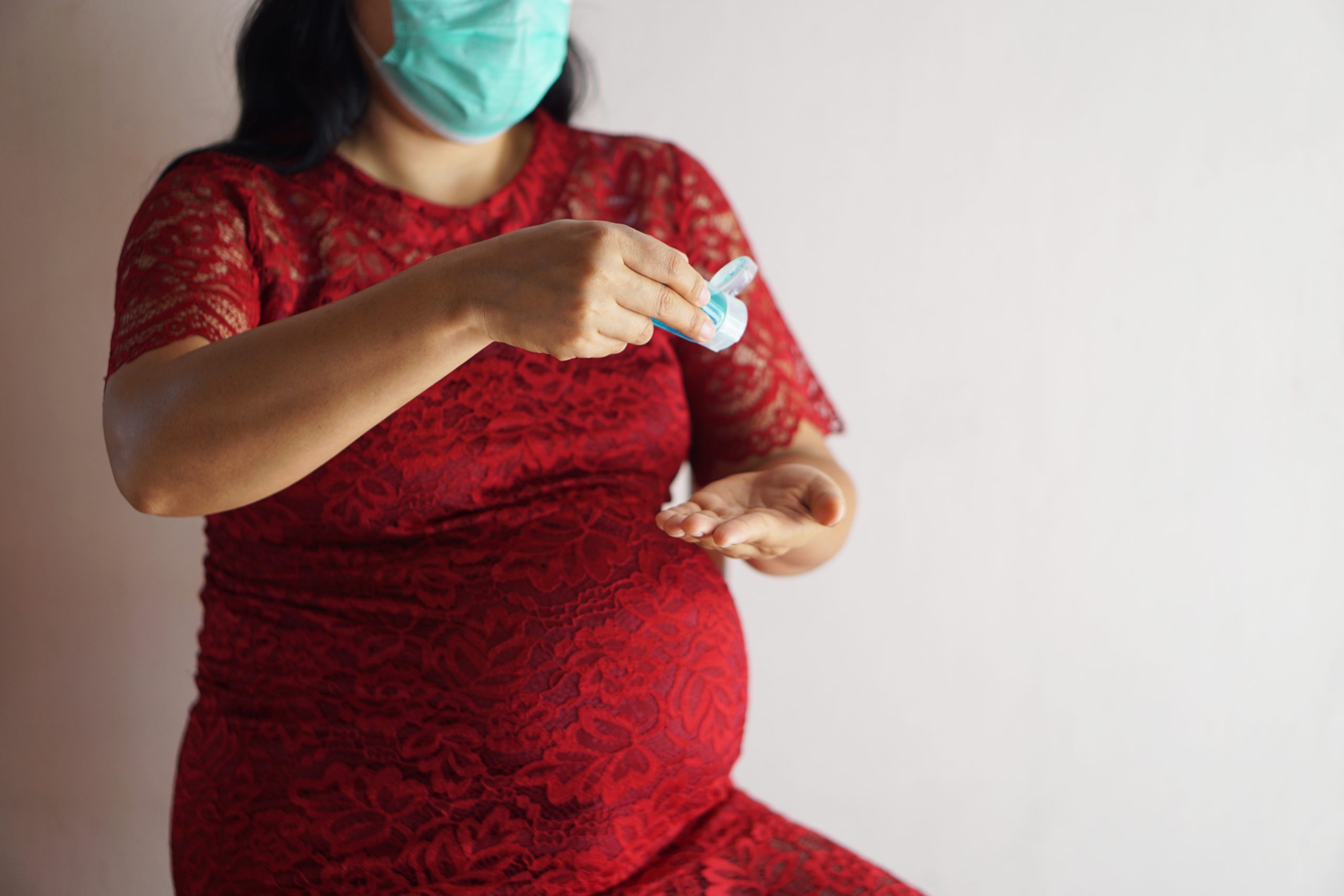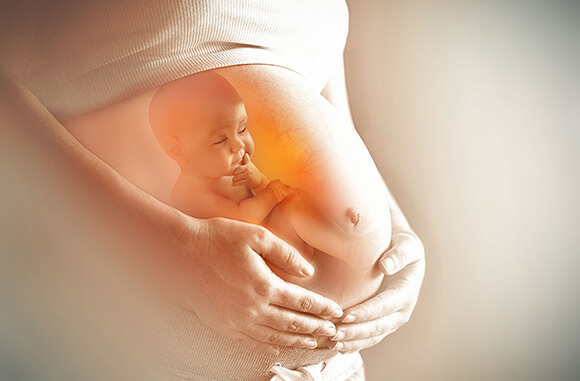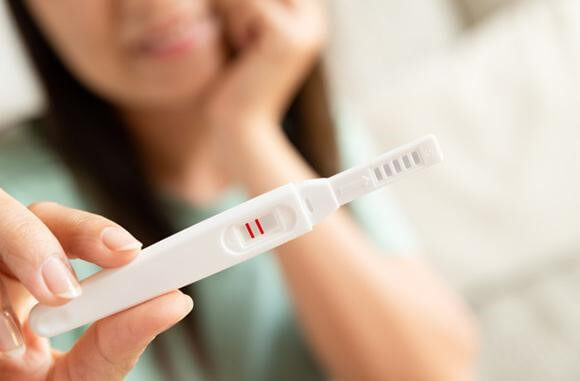Taking care of yourself and your baby is important. And the extensive care starts the day you realize that you are pregnant. Pregnancy care is easier than expected, specifically when you start it at the earliest. The concept of pregnancy care or prenatal care may include various healthy lifestyle choices. Right from taking prenatal vitamins to scheduling appointments with your obstetrician, a healthy pregnancy denotes all you can start methodically.
How much weight gain is normal or essential in pregnancy?
Your obstetrician or midwife will guide you about healthy weight gain. It happens to be different for everyone. Nonetheless, most women gain about 25 to 30 pounds. Underweight women may have to gain more weight as directed by their obstetrician. Being overweight or underweight demands different dietary interventions. It may further depend upon various parameters like your BMI and medical history.
How do you wish to begin your journey?
A journey that starts with the first trimester spans 9 months of ecstasy and a bit of nervousness. Start with an appointment with your obstetrician. Schedule an appointment immediately as you find that you have sprained your ankle. Your obstetrician will start with knowing about your medical history. Doctors may ask you about the symptoms you developed after your pregnancy began. Your obstetrician may subsequently give you some invaluable pregnancy tips on safety and nutrition.
- Start with quitting smoking:
That’s the best thing you can ever do for yourself and your baby. Countless studies worldwide show that women exposed to smoke are less likely to conceive. They may not carry their pregnancy to term even if they conceive. And smoking predisposes you to grave complications in labour. Studies associate smoking with an increased risk of having a premature baby or stillbirth. It’s perhaps the best time to kick the butt.
- Enjoy a diet that balances your nutritional requirements:
Eat plenty of vegetables and fruits. Carbohydrates may fulfil your nutritional requirements. Beans, cheese, meat, fish, pulses and eggs are those dietary essentials you should start counting on. Based on your pre-pregnancy health, you may consider including an additional meal in your diet. Both perennial and seasonal fruits help you maintain a healthy regimen. Green leafy vegetables are jampacked with iron and folic acid. Start eating nuts and make yourself full of vigour and vitality throughout the pregnancy.?
- Start practising a lifestyle full of hygiene and sanitation:
Wash your hands frequently. Use a soap preferably recommended by your obstetrician or midwife. The importance of hygiene and sanitation is growing day by day. Make sure that your hands are thoroughly sanitized before and after every meal. Trim your nails frequently. Personal hygiene helps you prevent infections and transmitting them to the baby.
- Mild physical activity in pregnancy:
You may consider joining a pregnancy exercise class. Many yoga classes held today will give you the right knowledge on exercise in pregnancy. It’s great to exercise every day unless you have issues regularizing your exercise. Exercise helps you thrive on a healthy lifestyle and avoid tedium. Try to exercise for 30 minutes every day. Enjoy slow walks in the garden or lawn instead of brisk walks. Swimming is another choice that makes your day. Hydrating yourself is mandatory to assure that you don’t suffer from heats or dehydration. Dehydration is a common concern in the second trimester. Avoid any exercises causing a fall or skid. Wear skid-proof footwear.
It’s best to contact your GP or obstetrician if you develop the following symptoms while exercising:
- Backache
- Chest pain
- Dizziness
- Blurred vision
- Loss of orientation
- It’s better to jot down all:
You may have many things to consider as you conceive and start nearing childbirth. You may take many things into account. Think about your medical history, your preferences, your current health status and your immediate surroundings. Write down all you wish to follow and include.
Following are the things you may consider including in your diary:
- How would you include pain medications?
- Special clothes you wish to wear
- Your favourite music/tracks
- Positions you prefer for labour and childbirth
- If you wish to avoid any procedures
- Plans to cope with complications if you have a medical history as such
How would you avoid or cope with the common pregnancy concerns?
- Morning sickness:
Nauseous sensations are common mostly in the broad daylight during pregnancy. It’s better to plan small meals and eat them exactly as planned. Avoid anything that tastes spicy or acidic. Acidic foods may complicate your morning sickness in various ways. It’s better to confide in your obstetrician or midwife if your morning sickness lasts longer than 3 months. Morning sickness and weight loss may be the signs that foretell complications. Bring those to your obstetrician’s notice if weight loss accompanies 3 extensive months of morning sickness.
- Muscle cramps:
Muscle cramps or leg cramps may not be there to stay. If mild physical activity accompanies your midwife’s suggestions, you may avoid leg cramps easily. Stretch the calves of your legs by flexing your feet towards your knees. Drink plenty of water as directed by your obstetrician.
- Tiredness:
Nothing is as common as tiredness and doldrums when you are pregnant. Take naps each time you feel overridden by doldrums. Make sure you aren’t anaemic. If you are anaemic, take every necessary precaution as your obstetrician guides you.
- Constipation:
Fibre happens to be the best natural source available if you feel constipated. Drink plenty of water. Fruits, vegetables and cereals may suffice. Laxatives can be dangerous in pregnancy. Don’t take any laxatives unless your obstetrician asks you. Prefer stool softeners over hard laxatives.
- Haemorrhoids:
Constipation can be a precursor to Haemorrhoids. Avoid straining while passing the stool. Use stool softeners instead of any laxatives.
- Varicose Veins:
Don’t use tight clothes around your waistline or legs. Rest with your feet facing the ceiling. Don’t sit in an uncomfortable posture for a long time. Avoid standing for an extended period.
- Downright moodiness:
Hormonal changes are prevalent in pregnancy. It’s not new for a pregnant lady to develop moodiness in pregnancy. Life is all set to welcome a pleasant change. Get set for it with open arms. Avoid being rough on yourself. Consult the right psychiatrist if you feel overridden by nervousness or depressive thoughts.


 Toll Free Number
Toll Free Number
















